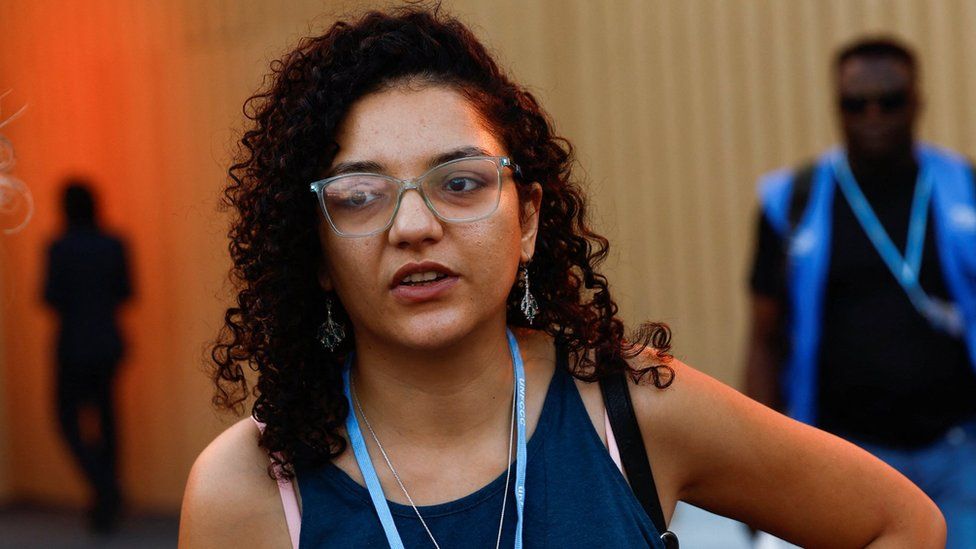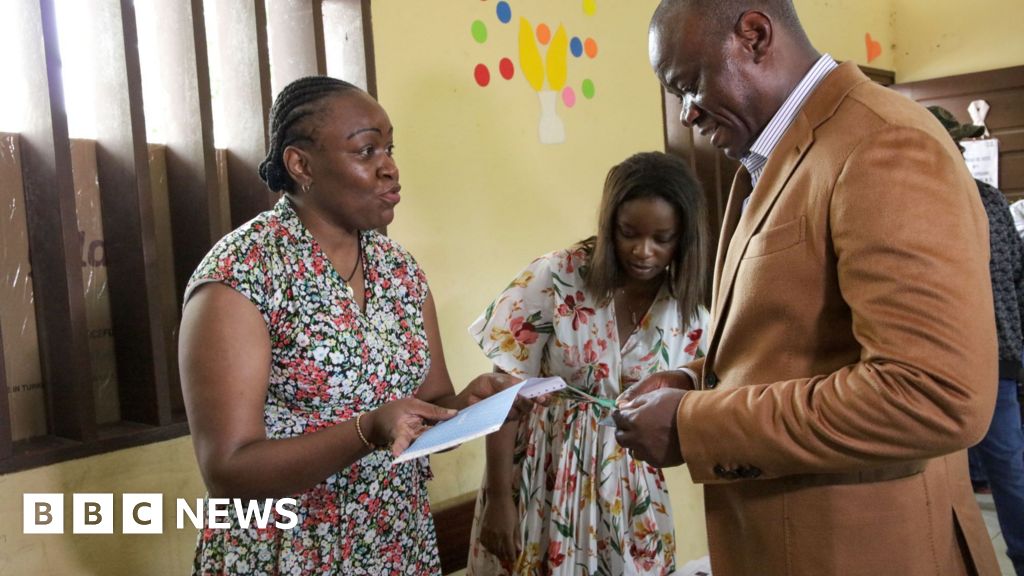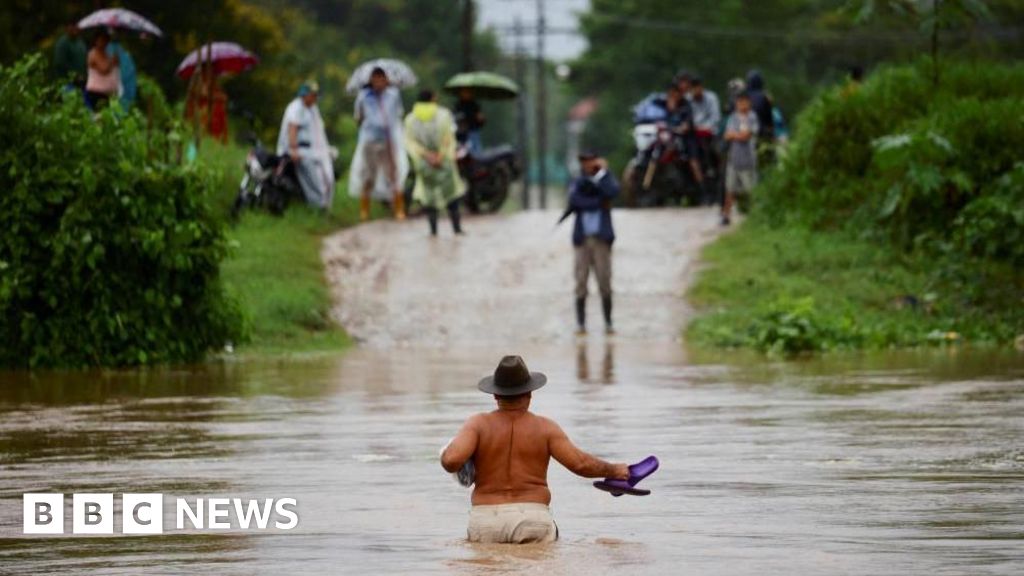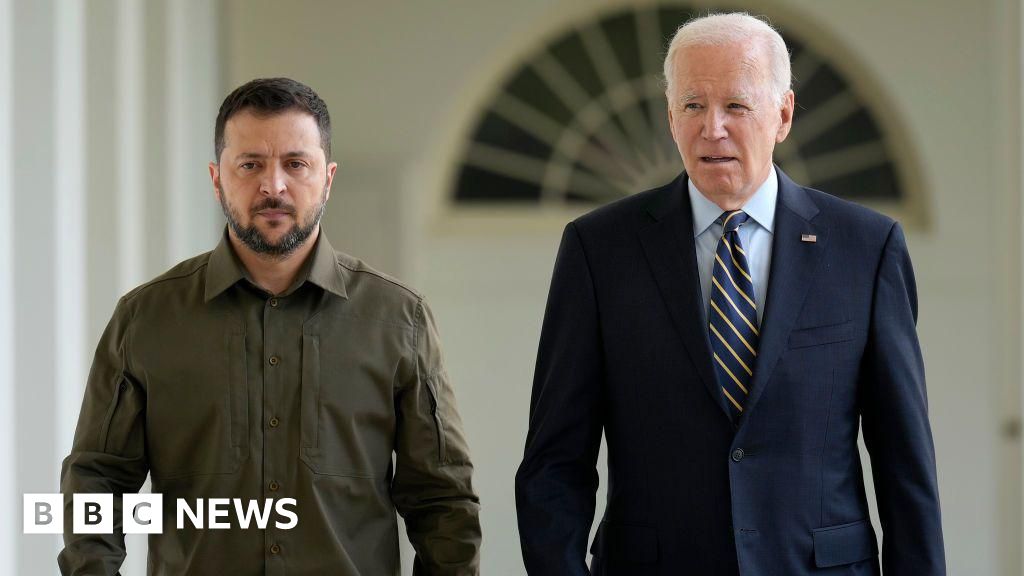ARTICLE AD BOX
 Image source, Reuters
Image source, Reuters
Sanaa Seif flew to Sharm el-Sheikh to campaign on behalf of her brother Alaa Abdel Fattah
The sister of jailed British-Egyptian activist Alaa Abdel Fattah says she "hopes and trusts" that Prime Minister Rishi Sunak will be able to secure his release while visiting Egypt for COP27.
Speaking from Sharm el-Sheikh, where the climate summit is taking place, Sanaa Seif told the BBC she was sure he "can do it if it is really a priority".
Abdel Fattah, 40, has been on hunger strike for more than six months.
His family has said he has now stopped drinking water and may die within days.
Mr Sunak told broadcasters that he was hoping to "raise this issue" at talks with Egyptian President Abdul Fattah al-Sisi.
"It's something that not just the United Kingdom but many countries want to see resolved," he added.
Ahead of the trip, he told Abdel Fattah's family in a letter that his government was "deeply committed to doing everything it can" to secure his release.
Abdel Fattah, who is a leading pro-democracy activist and blogger, first rose to prominence during the 2011 uprising in Egypt that forced long-time President Hosni Mubarak to resign.
Since Mr Sisi came to power in 2014 after leading the military's overthrow of Mubarak's democratically elected successor, Abdel Fattah has spent most of the time in prison or police detention.
Last year, he was convicted of "spreading false news" in social media posts and sentenced to five years in prison. Human rights groups had called the charge spurious and the trial a sham.
In April, his family said he had begun a hunger strike to protest against his unjust imprisonment, cruel detention conditions and denial of British consular visits. He consumed only water and salt solution initially, then allowed himself a maximum of 100 calories a day.
Last week, he told relatives that he would drink only water until Sunday, when COP27 started, and would then stop doing even that.
(July 2022) Alaa Abdel Fattah: 'He’s certain he’ll never come out of prison alive'
Sanaa Seif - a 28-year-old human rights defender who has herself served three prison sentences in Egypt herself on charges that fellow activists condemned as bogus - flew to Sharm el-Sheikh to campaign on behalf of her brother.
She also said she believed Mr Sunak had the power to pressure the Egyptian president into releasing her brother.
"I am sure he does. It is tricky, and it is a very tight timeline. But I know he does, because there is precedent. Other governments have done it."
She added: "I'm not sure if the diplomatic team that was working on the case have really set it up properly for the prime minister. But I trust the prime minister, because I know he can do it if it is really a priority."
Ms Seif suggested the "hecticness" in British politics in recent months had given civil servants and diplomats an "excuse" to not work hard on resolving her brother's case.
"I felt all of a sudden when Alaa stopped [drinking] water that we were suddenly getting these calls, phone calls, we were getting the letter from the prime minister. So, it feels like they realised the urgency all of a sudden."
In response, the Foreign, Commonwealth & Development Office told the BBC that it was "deeply concerned about the continued detention of Alaa Abdel Fattah".
"The government is working hard to secure his release and continues to raise his case at the highest levels of the Egyptian government."
Another of Abdel Fattah's sisters, Mona Seif, meanwhile accused Egyptian Foreign Minister Sameh Shoukry of lying in an interview with CNBC, in which he declared that he was confident prison authorities were providing Alaa with "the healthcare and the care that is available to all inmates".
"There have been reports of previous hunger strikes that are not verifiable. This is a matter of personal choice and is being dealt within the penal system," he added.
Mr Shoukry also said that Egyptian authorities had not yet legally recognised Abdel Fattah's dual British citizenship, which he received last December through his London-born mother.

 2 years ago
16
2 years ago
16








 English (US)
English (US)